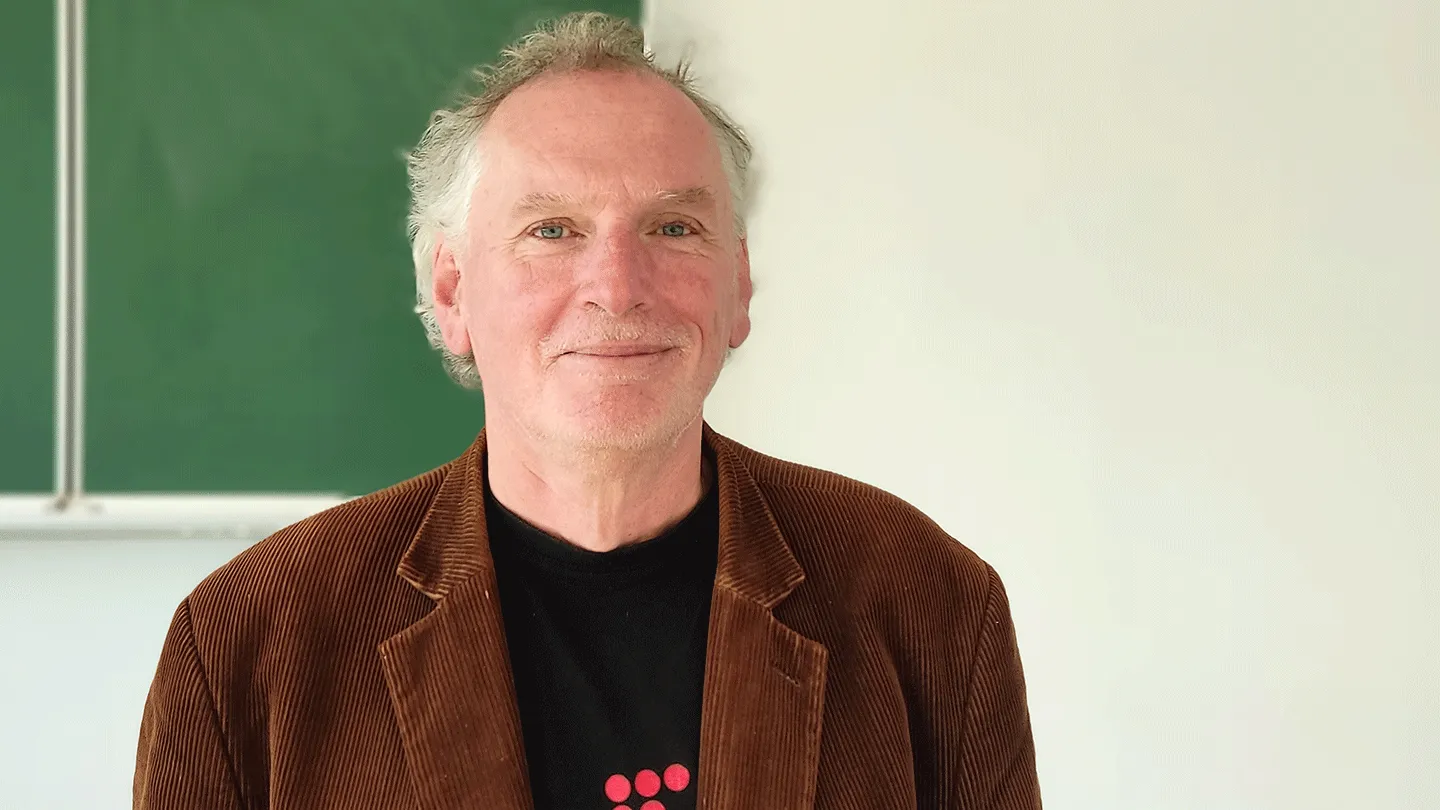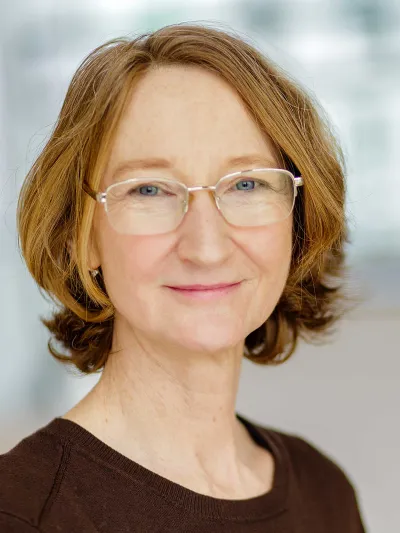The family council is a procedure for activating the family system to develop and implement individually suitable solutions to existing family issues on the basis of a care formulation by child and youth welfare services. It is positioned between civil society and the authorities and strengthens civic responsibility and commitment.
Coordinator in the Family Council

08/03/ – 19/07/2025
Completed studies or vocational training and professional experience
1,490 euros

The family council is a real game-changer: Within the clear framework of child protection, it restores the competence and right of family systems to solve their own challenges. This is active participation at eye level, something that social work has been demanding for decades. Ask the family!
At a glance
Back in the 1990s, the New Zealand legislature introduced a radical change to help planning for youth welfare offices and family courts: the Family Group Conference (FGC). As a result, an unprecedented level of involvement of children, young people and parents in their support planning was realised. The legally enshrined administrative procedure guarantees autonomy for the affected parties in developing their own plans. Specialists are not present during the planning phases, but agree to the plan. FGC thrives on involving as many people as possible in the help process. In educational support, it is a circular and self-empowering alternative to help plan discussions.
Key aspects
- Concept of the family council
- Further group conferencing models
- Ethical aspects
- System analysis of child and youth welfare
- Practical exercise
- Abstinence from solutions and professionalism
Methods
- Theoretical and practice-orientated inputs
- Work on case studies and participants' topics
- Plenary discussions, small group work, exercises, role play
Target group
Specialists and managers in social work and the psychosocial support field
Topics
Dates & Schedule
Scope
37 seminar hours
| Module 1 – on campus | 08/03/2025 | Saturday, 10.00 am – 5.00 pm |
|---|---|---|
| Module 2 – online | 03/ – 04/04/2025 | Thursday and Friday, 3.00 pm – 7.00 pm |
| Module 3 – online | 12/ – 13/05/2025 | Thursday and Friday, 3.00 pm – 7.00 pm |
| Module 4 – on campus | 18/ – 19/07/2025 | Friday and Saturday, 10.00 am – 5.00 pm |
